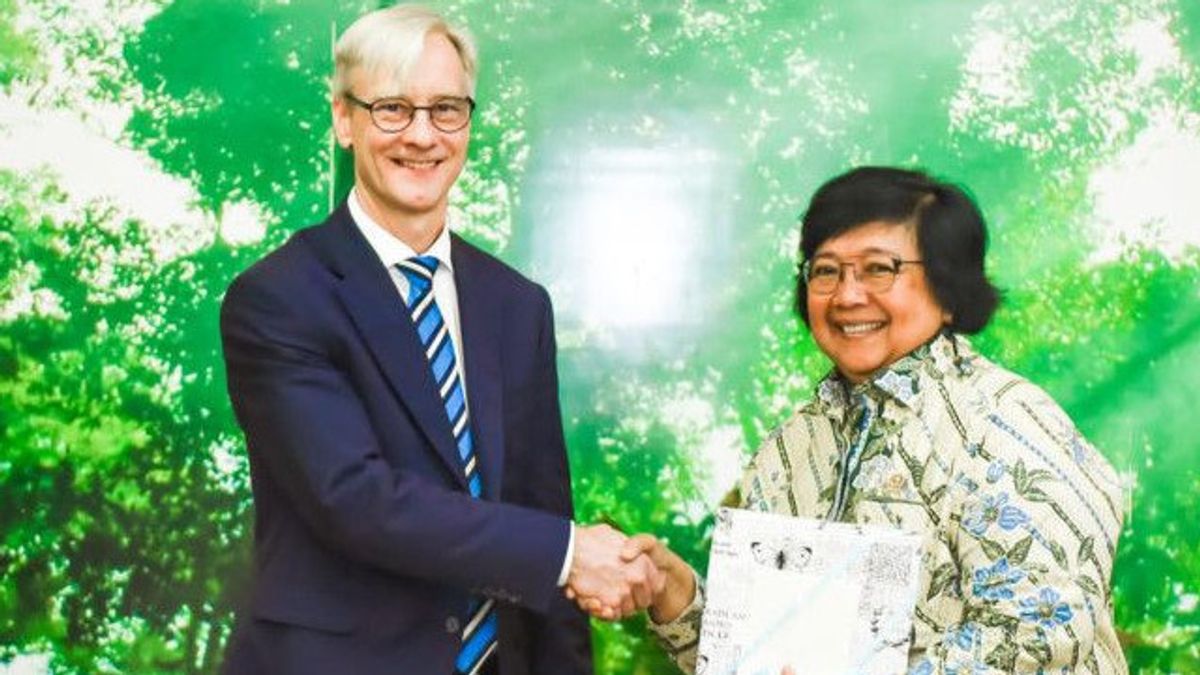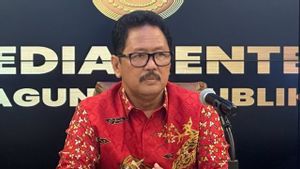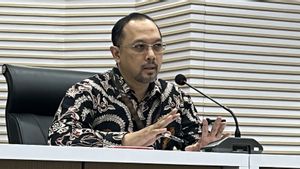JAKARTA - Minister of Environment and Forestry (LHK) Siti Nurbaya said climate action carried out by Indonesia had received global recognition including greenhouse gas emissions from the results of declining inventory.
"From the Result-Based Payment (RBP) scheme, the performance of reducing Indonesia's greenhouse gas emissions by 577 million tons equivalent to carbon dioxide has been achieved in the 2018-2020 period," he said, quoted by ANTARA, Tuesday, March 14.
The Indonesian government together with the Government of Norway, Tuesday, March 14 held a bilateral meeting to discuss the development of the cooperation between the two countries in Jakarta. During the meeting, the Minister of Environment and Forestry conveyed Indonesia's seriousness in mitigating climate change. This seriousness was reflected through the initiation of Indonesia's FOLLU Net Sink 2030 and its operational plan. Through the FOLU Net Sink document, the Ministry of Environment seeks to reduce emissions from the forest and land sector, one of which is by reaching zero deforestation. The target of implementing this policy is the achievement of greenhouse gas emission rates of minus 140 million tons of carbon dioxide equivalence in 2030. Since last year, the Ministry of Environment and Forestry has carried out various activities to accelerate the implementation of Indonesia's FOLU Net Sink 2030, including the preparation of work plans, socialization at six regional and regional levels, as well as the preparation of the work plan for the Indonesia's FOLU Net Sink 2030 region in all provinces in Indonesia. The entire work plan is targeted to be completed in May 2023. The Minister of Environment and Forestry said that the systematic method is now partially supported by Indonesia's cooperation with Norway on EDD+ since 2010. Six years later the cooperation was signed in Indonesia in 2016. "We continue to improve the work and agenda during President Joko Widodo's administration with various corrective actions. For this reason, I once again express my gratitude to the Norwegian Government for supporting Indonesia," he said. The 2020 data show an emission reduction rate of 47.28 percent and 2021 data of 43.82 percent.
He stated that the decline was greater than the 41 percent target for total greenhouse gas emissions of 945.11 gigatons equivalent to carbon dioxide in 2020, and 889.79 gigatons equivalent to carbon dioxide in 2021. This achievement is certainly significant for yield-based and carbon trading programs. According to him, technical analysis by the United Nations Convention on Climate Change or UNFCCC on the report states that information data and methodology measurements of Indonesia's REDD+ performance achievements are transparent, consistent, complete, accurate, and comprehensive. The performance figure is not the estimated figure of the Government of Indonesia itself, but rather the figure that UNFCCC has verified in November 2022. The carbon management for domestic and foreign carbon trading has been regulated in Presidential Regulation Number 98 of 2021 as well as Regulation of the Minister of Environment and Forestry Number 21 of 2022.
Currently, the relevant ministries and institutions continue to prepare their operational arrangements and steps. The regulation also includes regulating transitional provisions for business actors who have carried out carbon trading before the issuance of Presidential Regulation Number 98 of 2021. All carbon trading activities must be registered with the National Registerary System and must obtain an Emission Reduction Certificate through government authorities. Currently, the Carbon Exchange mechanism is being prepared. "This shows that Indonesia is not closed to carbon-related investment but needs to regulate its governance," said Siti Nurbaya. Norwegian Deputy Minister Erling Rimestad said Norway had long been Indonesia's partners on climate issues and forest management in Indonesia. In particular, he stated that he was impressed by Indonesia's success in reducing deforestation rates with the lowest number in history.
"It's very impressive, and a good example to follow by other countries," said Erling. In addition to discussing outcome-based payment schemes and climate change mitigation, the Government of Indonesia and the Government of Norway discussed the development of cooperation between the two countries and various current issues, such as peat and mangrove restoration.
The English, Chinese, Japanese, Arabic, and French versions are automatically generated by the AI. So there may still be inaccuracies in translating, please always see Indonesian as our main language. (system supported by DigitalSiber.id)













